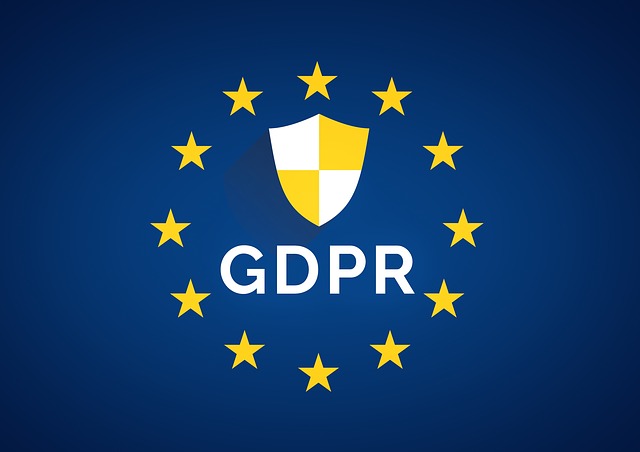Introduced in May 2018, The General Data Protection Regulation (GDPR) is a European Union (EU) regulation designed to safeguard the personal data of EU citizens and provide them with increased agency over the way it is processed by organisations. The legislation centres around seven key principles, which ultimately dictate that privacy must be built into data processing and organisations are accountable for making sure their processing is compliant, as well as evidencing this compliance. For business owners, a complete understanding of these principles is crucial to maintain GDPR compliance and avoid the fines and legal repercussions associated with breaching the regulations. In this article, we describe the seven fundamental GDPR principles, shedding light on why each is crucial for businesses.
Principle 1: Lawfulness, Fairness, and Transparency
The foundation of GDPR, this principle dictates that personal data be processed lawfully, fairly, and transparently. Organisations must have a legitimate basis for collecting and processing personal data. Furthermore, individuals must be informed about the data being collected, its intended use, and the entities with which it might be shared.
Principle 2: Purpose Limitation
The second principle states that personal data should only be collected for specific, explicit, and legitimate purposes. Organisations are required to gather data which is necessary for the defined purpose, refraining from using it for any other undisclosed objectives.
Principle 3: Data Minimization
Under the third principle, collection of personal data should be limited to what is strictly necessary for the intended purpose. Collecting or retaining excessive data is discouraged, and organisations should only retain data for as long as it serves a legitimate purpose.
Principle 4: Accuracy
The accuracy principle centres around the importance of maintaining accurate personal data. Organisations are obliged to take reasonable measures to ensure that the data they hold is precise, promptly correcting any inaccuracies that may arise.
Principle 5: Storage Limitation
Personal data should also not be stored longer than necessary. Organisations must establish a clear retention policy, specifying the duration for which personal data will be retained and promptly deleting it at the end of the defined period.
Principle 6: Integrity and Confidentiality
The sixth principle focuses on the secure processing of personal data. Ogranisations must implement robust security measures to safeguard against unauthorised access, disclosure, or destruction of personal data, ensuring its integrity and confidentiality.
Principle 7: Accountability
Finally, the seventh principle states that organisations are accountable for their data processing activities. This involves the ability to demonstrate compliance with GDPR through the implementation of appropriate policies and procedures.
Implementing GDPR Principles in Your Business
In order to implement compliance with the GDPR principles into your organisation’s processing operations, the best place to start is by gaining an understanding of what personal data you collect and process. Conduct a comprehensive data audit to identify the personal data you collect, where it’s stored, and who has access to it. Develop a data protection policy outlining compliance with GDPR principles, encompassing data collection, storage, processing, and security. This may seem like a huge feat for organisations just starting out in their compliance journey. However, help with becoming and staying compliant to the GDPR can be provided by organisations such as URM, which has decades of experience offering GDPR consultancy to organisations from a range of sectors and industries.
Appointing a Data Protection Officer (DPO) with the requisite skills and expertise is also crucial for ensuring ongoing compliance. Providing training to employees handling personal data is equally important to ensure a thorough understanding of GDPR principles and their responsibilities.
Why GDPR Principles Matter for Your Business
Compliance with GDPR principles is not merely a legal requirement but a fundamental to building trust with customers. Failure to adhere to these principles can result in severe consequences, including substantial fines and legal actions. By transparently managing data processing activities, limiting data collection, and ensuring secure processing, businesses can protect customer data, foster trust, and demonstrate their commitment to data protection.








Leave a Comment
You must be logged in to post a comment.